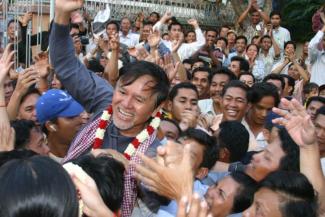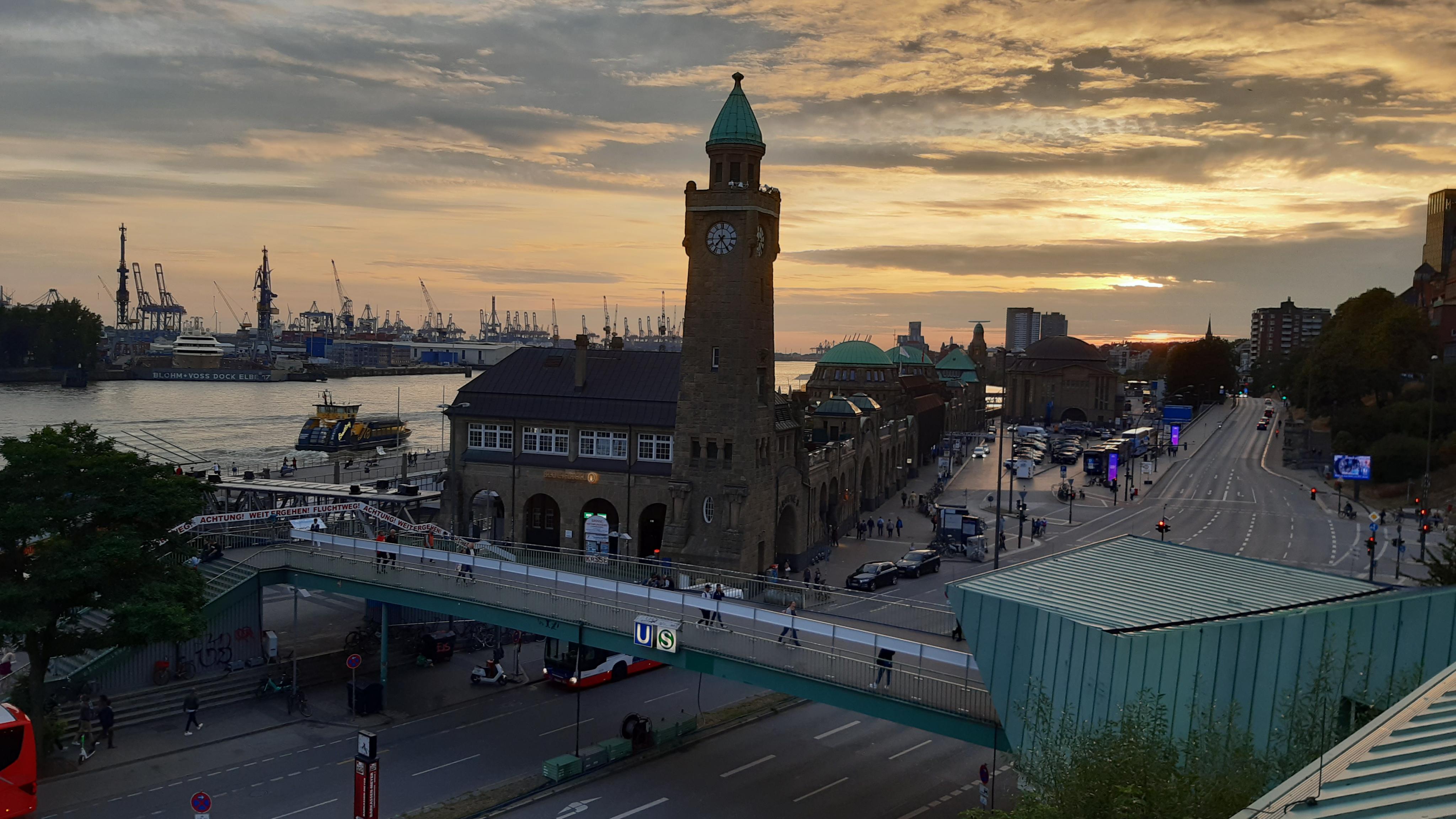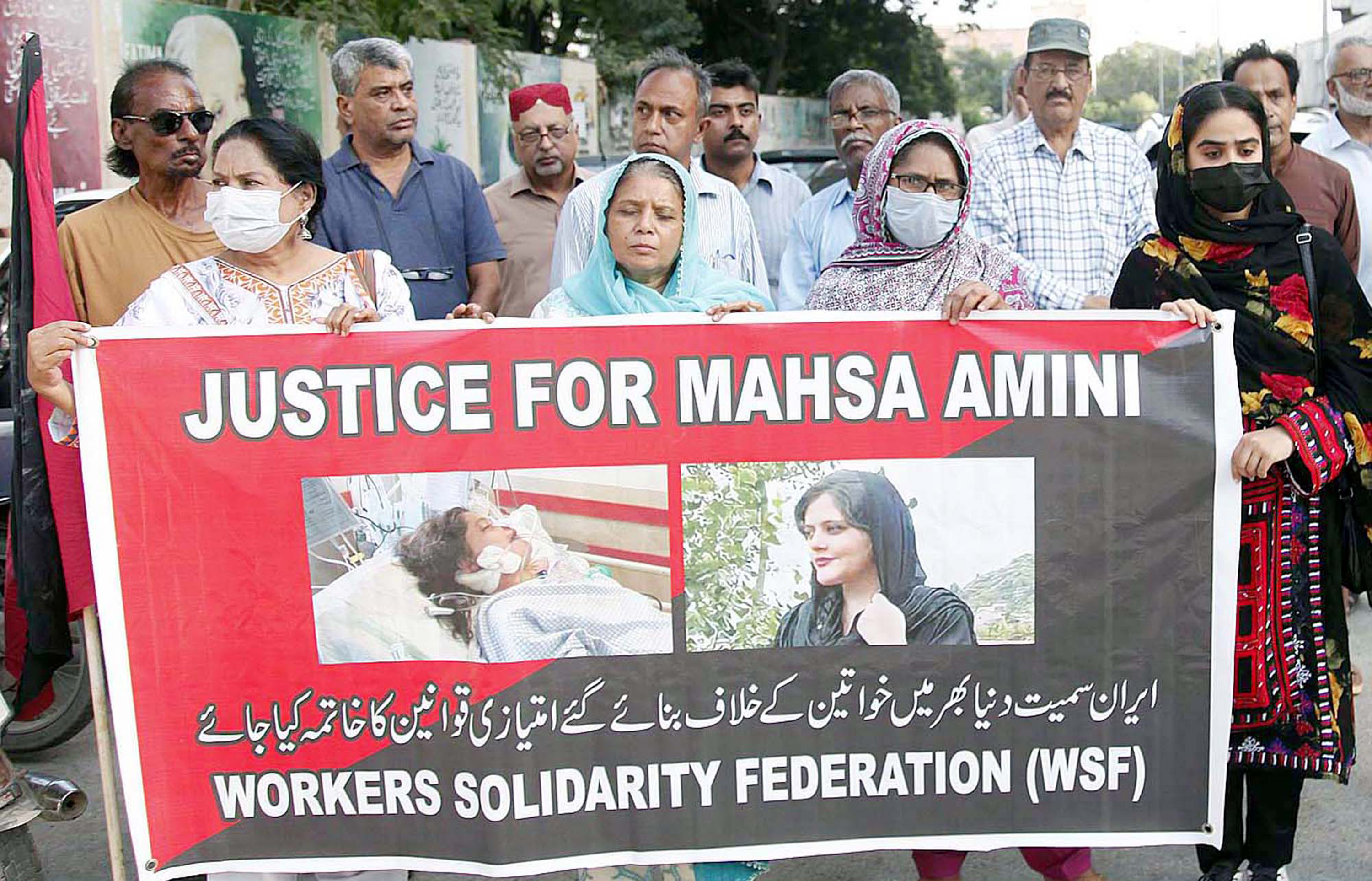History repeating itself

It is not difficult to see that his arrest was politically motivated. Cambodia will hold parliamentary elections next summer. As usual, the authoritarian regime has begun to crack down on critical voices in the run-up. Media outlets are being shut down, the most recent victim was the English language Cambodia Daily. Opposition leaders are threatened – or worse.
For me, it feels like history repeating itself. When I lived in Cambodia more than a decade ago, Kem Sokha was a well-known human-rights activist. He had founded the Cambodian Center for Human Rights (CCHR) in 2002 “to promote and protect democracy and human rights in Cambodia”. He devoted his life to this cause. Hun Sen was already prime minister back than – and had actually been in office for a long time. He has been governing Cambodia since 1985.
Kem Sokha was arrested in December 2005, ahead of senate elections in January 2006. He was imprisoned for harming the government. Another famous prisoner at the time was Mam Sonando, the head of Beehive Radio, an independent radio station. He had been arrested in October 2005 for “criminal defamation” and “incitement”. After broad protests, at national and international levels, the two men were set free ahead of the visit of a high-ranking US diplomat. I remember their supporters celebrating on the streets of Phnom Penh.
However, it was a small victory in light of today’s events. Nothing seems to have changed in 11 years: Hun Sen is still clinging to power and prone to crack down on any form of dissent. It is worth noting that his country is nominally a democracy. Mam Sonando is still trying to give the people a voice, airing critical radio shows. Unfortunately, the government has recently banned him from broadcasting programmes of Voice of America and Radio Free Asia. Kem Sokha is still cast in the role of one of the greatest enemies of the state (although he has changed from being an extra-parliamentary activist to a member of parliament).
I really admire people like Kem Sokha who sacrifice their personal freedom and well-being – sometimes even their life – for the good cause. It is so easy to uphold human rights and do journalism in my own country. In countries like Cambodia, things are completely different, and one must really be brave to speak up in public.













